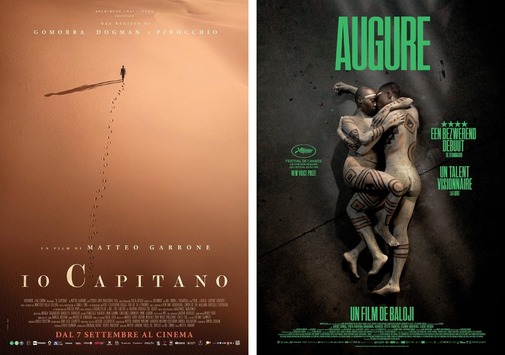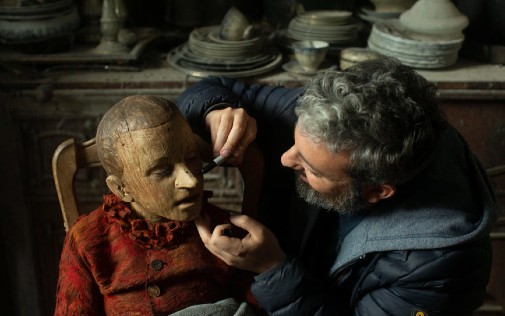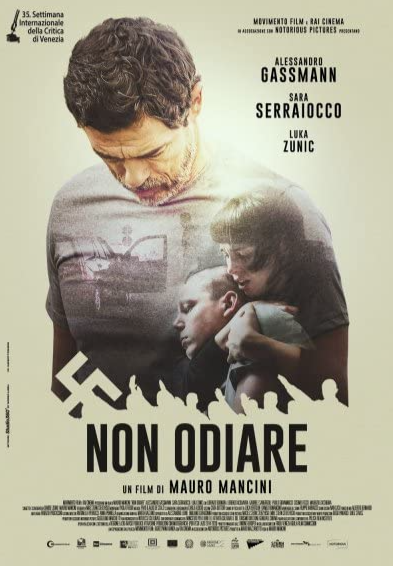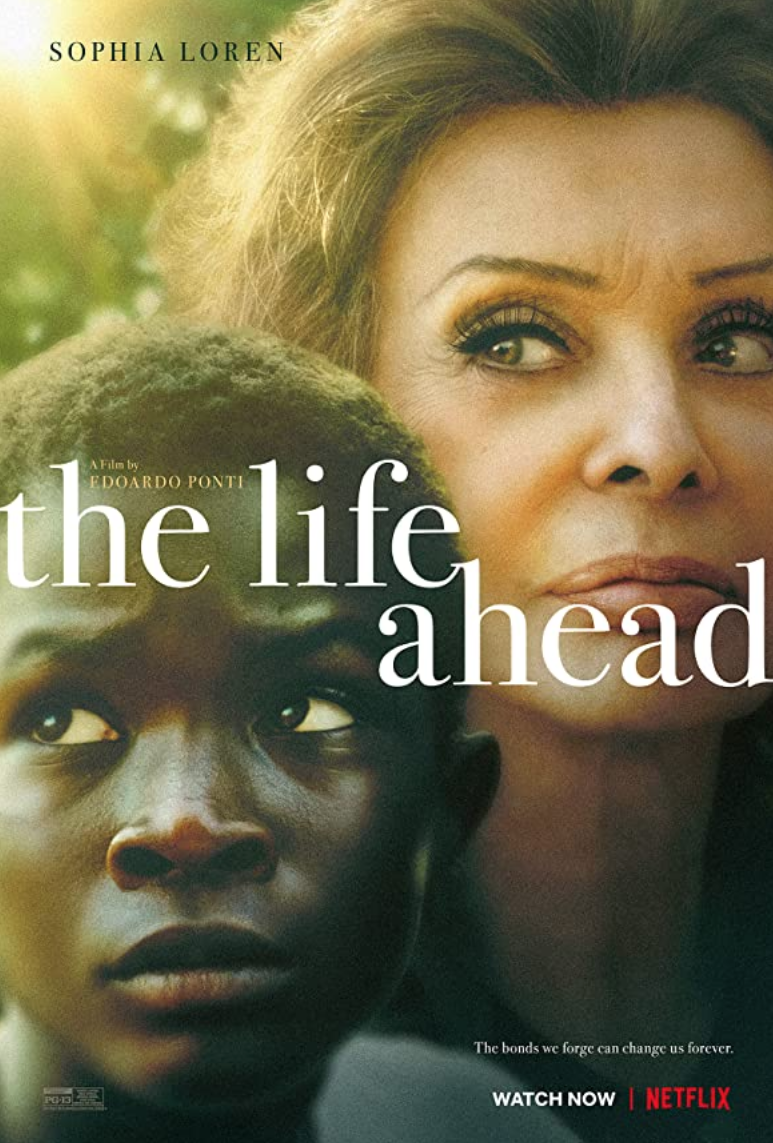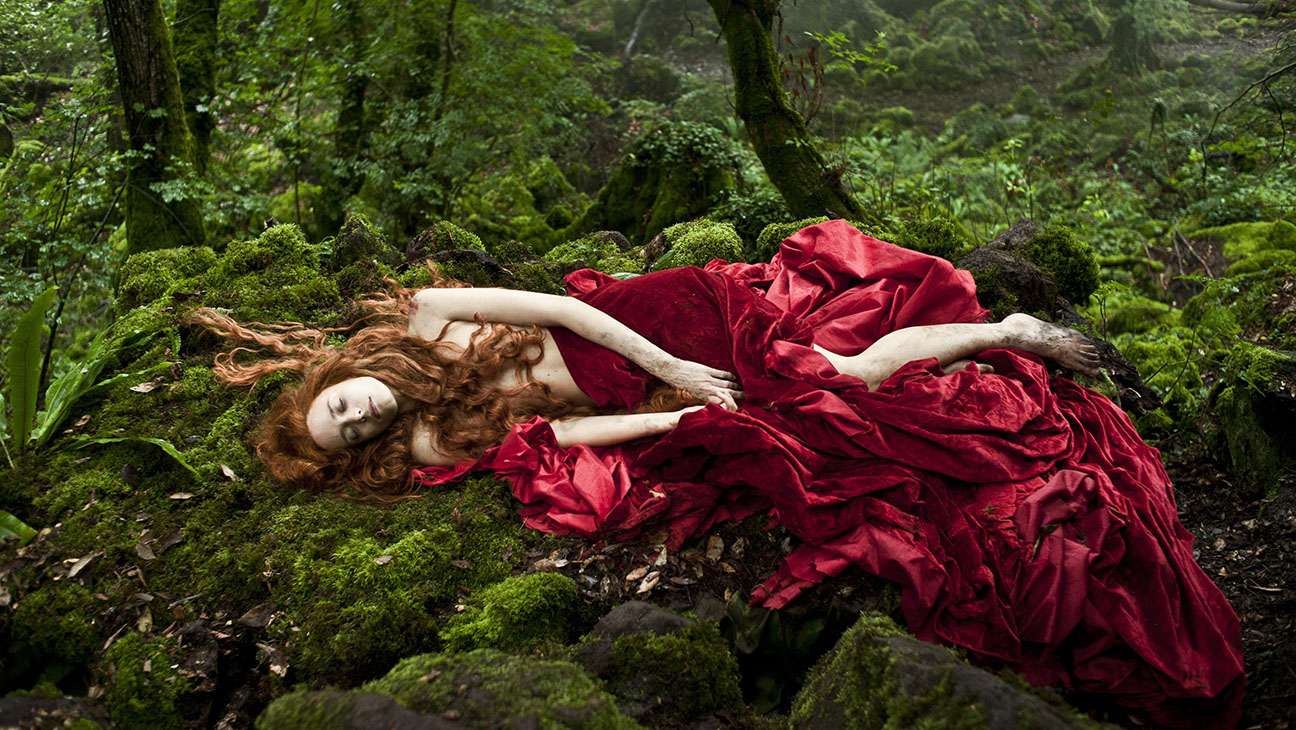
Matteo Garrone’s Tale of Tales is based on the writings of 16th century author Giambattista Basile, who by most accounts compiled the first collection of fairy tales as we came to know them. If you think that the Brothers Grimm’s non-Disney-fied stories are dark, wait till you get a hold of Basile’s perverse accounts of doomed princesses, kings that set their wives on fire, and men who stab the women who they think betrayed them. More than stories about “fairies” and “happily ever after”, they’re cautionary tales about how unfair the world has always been for women who defy men. One wonders though, why would Garrone make a lavish, epic film about such injustices, without any sense of intention behind why he’s telling them.
The film essentially follows the misadventures of the members of three royal families. The first takes place in the kingdom of Darkwood where a capricious Queen (Salma Hayek) sends her King (John C. Reilly) to his death in order to fulfill the command of a necromancer who has advised him to procure the heart of a sea monster which the Queen must devour in order to have a child. The second family is ruled by the King of the Highhills (Toby Jones) who promises his daughter’s (Bebe Cave) hand in marriage to whoever guesses a riddle. An ogre (Guillaume Delaunay) does, and he’s not the kind of lovable ogre who grows a heart, but a ruthless monster who keeps the princess inside a cave in the mountains. The third tale has a lustful King (Vincent Cassel) “fall in love” with the voice of a woman he has never seen, but whom he must possess. To say that this leads to no good would be an understatement.
After his expertly made Gomorrah, which also saw him intertwine various Neapolitan tales, it’s clear that Garrone has the skills required to engage the viewer in the world he conveys, but one often wants to escape the world he’s crafted in Tale of Tales much more than the one of vicious mobsters in Gomorrah. Where the latter was brutal, its effectiveness in portraying the senselessness of criminal life is unrivaled at least in contemporary cinema. But the way we see the women in Tale of Tales be punished for their desires - whether sexual, filial or maternal - is absolutely merciless. If Garrone was trying to show how little the world has changed in its treatment of women since the 16th century, to do so in the guise of “old fashioned” entertainment seems counterproductive. The film is so keen in its desire to entertain and delight, that it loses sight of the content of the stories to the point that it makes Disney seem progressive. At least in those films a fairy godmother shows up to save the day.
Tale of Tales is now in theaters.
 Saturday, December 2, 2023 at 5:00PM
Saturday, December 2, 2023 at 5:00PM 


